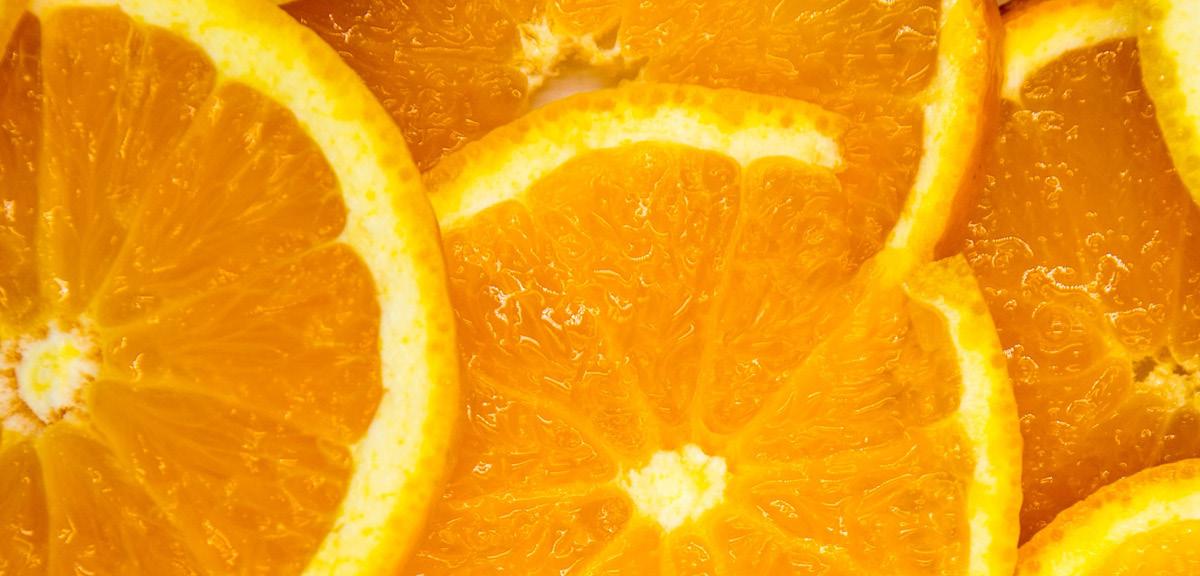February 3, 2020
There are several options in the supermarket for buying a certain type of product. Apart from the price and taste, for many consumers one of the key criteria when selecting food is whether it’s healthy or not. Although more and more people are becoming aware of the health aspects of foods and drinks, it is of-ten difficult or nearly impossible to quickly decide which product to pick into the shopping basket. Based on the standard nutrition label, a pair of products may seem almost the same. But it often matters for health which one you choose. Only the other one might be rich in bioactive compounds.
Let’s take orange drinks as an example, since they are generally a good source of vitamin C. This vitamin, also called ascorbic acid, may be challenging to obtain during the winter months in cold countries, where it’s not the season for local fruits and berries. There is a wide range of orange and orange-flavoured drinks available, starting from orange soda to vitamin C fortified orange juice and pure pressed 100% juice. What’s the main difference between them? When looking at the nutrition facts usually included on the package, you may actually see no difference at all. The energy and macronutrient content may be the same, because some of the drinks contain added sugar and some contain the natural sugars present in orange. Even the vitamin C content may be similar between 100% natural juice and a sugar-sweetened juice with added vitamin C. So, does it even matter which drink to choose from the health and nutritional perspective?
The answer is yes. Oranges contain a large number of other components than those mentioned in the nutritional information. These components include phytochemicals, such as different flavonoids and phenolic acids. Depending on how much of the original fruit is left in the product, the amount of these bioactive compounds can differ dramatically between the products. In the illustration below, we have com-pared the content of phytochemicals (including vitamin C, which can also be considered as a phytochemical) in three different commercial orange drinks. The orange-flavoured fizzy drink contains almost no vitamin C or phytochemicals, which may not come as a surprise. What may be more surprising is that the vitamin C fortified orange drink, advertised as a health drink, contains no more vitamin C and several times less phytochemicals than the cold pressed 100% orange juice. Looking at these results, it becomes more evident that the product containing the biggest amount of the original fruit itself has most of the beneficial properties left from the fruit.
Is drinking lots of 100% cold pressed orange juice the key for optimal health? The answer is complex because the diet as a whole has the final word. It may actually be more recommended to eat the fruits as such to obtain even more of the original components of the fruit (such as fibre) and to gain the feeling of fullness more easily, avoiding excess energy intake. Nevertheless, when comparing only the drinks, we think we found the winner.
Ville Koistinen
Afekta Technologies
